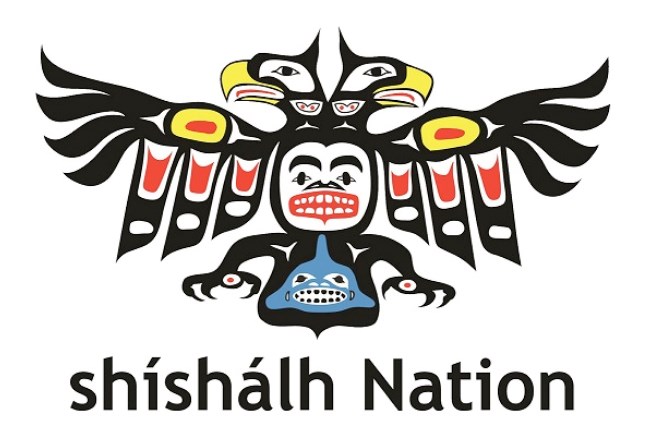The Federal Court of Canada has approved the settlement of a class action lawsuit involving survivors of Indian Day Schools, causing plaintiffs in a comparable class action headed up in part by shíshálh Nation to ask why their suit still isn’t resolved.
“I cannot understand why day scholars continue to be left out,” said shíshálh Nation chief Warren Paull. “We suffered just like other students at Residential Schools and Day Schools. What will it take to get Canada to treat us fairly?”
“Day scholars” are defined as Indigenous students who attended federally owned and operated Indian Residential Schools – essentially boarding schools – during the daytime but returned home at night.
The plaintiffs involved in the class action suit settled on Aug. 19 attended Indian Day Schools, not boarding schools. Survivors are expected to receive between $10,000 and $200,000 in compensation. A $200-million legacy fund will also be created. Garry McLean, the lead plaintiff in the day-school lawsuit, died in February, two months after both sides agreed to settle.
Efforts to settle the day-scholar class action outside of court, meanwhile, have unravelled and instead a trial will move ahead.
The day-scholar class action was certified in 2015 and involves more than 100 First Nations, led by shíshálh Nation, Tk'emlúps te Secwépemcand James Bay Cree. In 2017, an agreement was signed by both parties to settle “in a timely manner” outside of court.
Last February, however, the Day Scholar Executive Committee declared negotiations had broken down because the government refused “to deal with Day Scholars survivors on the same terms as other Residential School survivors.”
At particular issue was the fact that day scholars who attended the Mohawk Institute Residential School did receive compensation under the Indian Residential School Settlement in 2006.
“Its difficult to understand let alone accept that day scholars were left out then and we continue to be put on a level of forgotten warriors,” Day Scholars Executive Committee chair Jo-Anne Gottfriedson told Coast Reporter.
In July, the executive committee announced the class action was proceeding to court.
In a statement to Coast Reporter, a spokesperson for Crown-Indigenous Relations and Northern Affairs Canada said the federal government filed an amended statement of defence in April, which aligns with the Attorney General of Canada’s Directive on Civil Litigation Involving Indigenous Peoples “and is reflective of the Government of Canada’s commitment to reconciliation.”
“The Defence includes numerous admissions by the Government of Canada of the harms associated with the operation of Indian Residential Schools and the effect on Indigenous peoples in Canada.”
The spokesperson said “Canada respects the plaintiffs’ decision to pursue litigation and remains open to resuming settlement negotiations,” which he said is preferred because “it will allow the parties to go beyond the remedies that can be granted by the courts and explore concrete investments in forward-looking initiatives to support healing, wellness, education, language, culture and commemoration.”
With the Aug. 19 announcement that a settlement has been reached with day-school survivors, day scholars are one of the last remaining groups to seek a resolution with the federal government. “The day scholars seek only compensation based on the exact same formula that other Residential School survivors received,” stated a release by the day-scholar committee after the announcement.
That would see compensation provided using the 10:30 formula applied to the 2006 Indian Residential Schools Settlement Agreement, where survivors received $10,000 for the first year they attended and $3,000 for subsequent years.
“Day Scholars are literally dying, and meanwhile Canada is taking a hardball litigation strategy that will take years and will cost both the Canadian public and the day scholars millions,” said Matthew Coon Come, former chief of the Assembly of First Nations, in a release. “Why won’t Canada simply settle on the same terms as the other victims of Residential Schools before one more day scholar dies?”
Counselling and crisis intervention support is available for Indigenous people through Hope for Wellness 24 hours a day, seven days a week at: 1-855-242-3310, or at hopeforwellness.ca.



